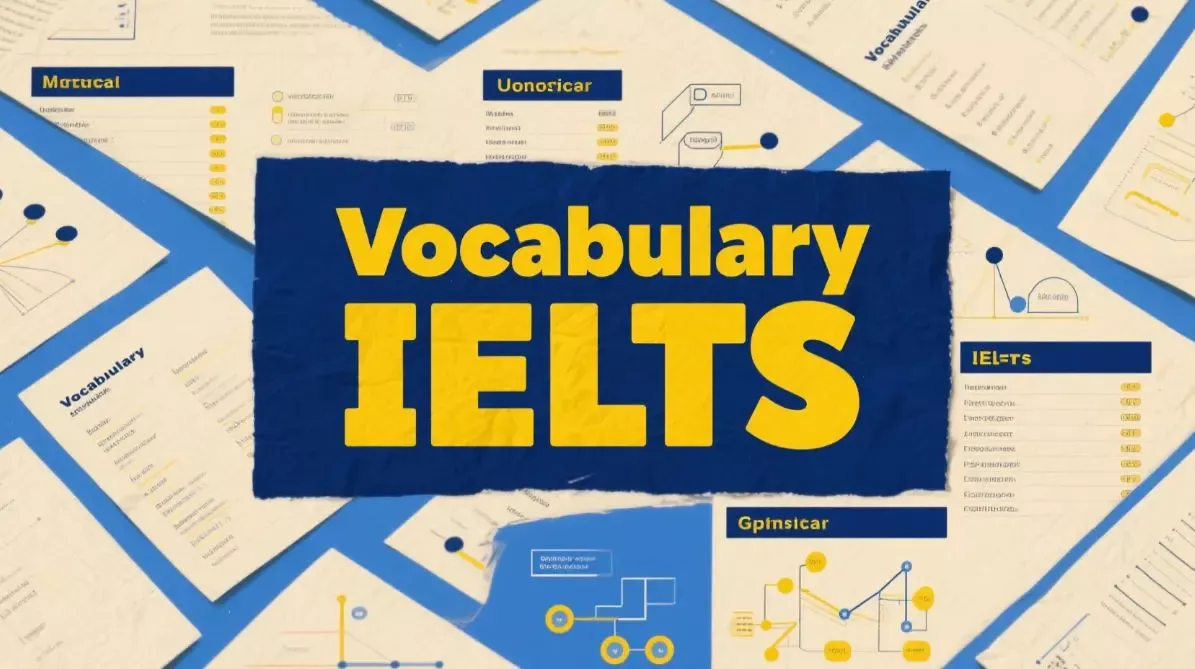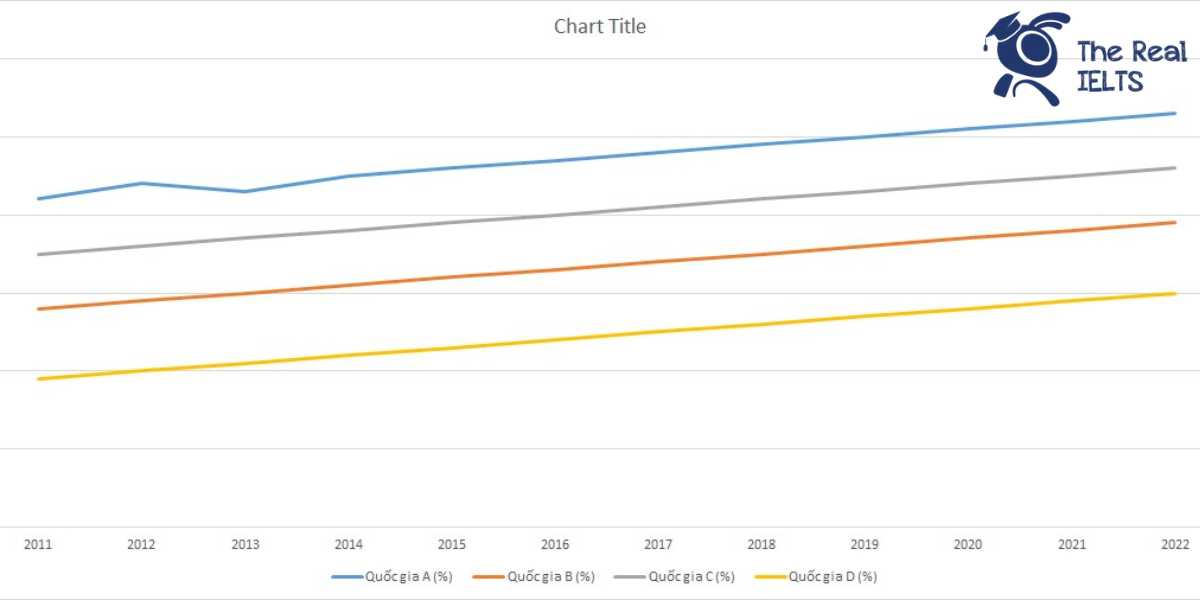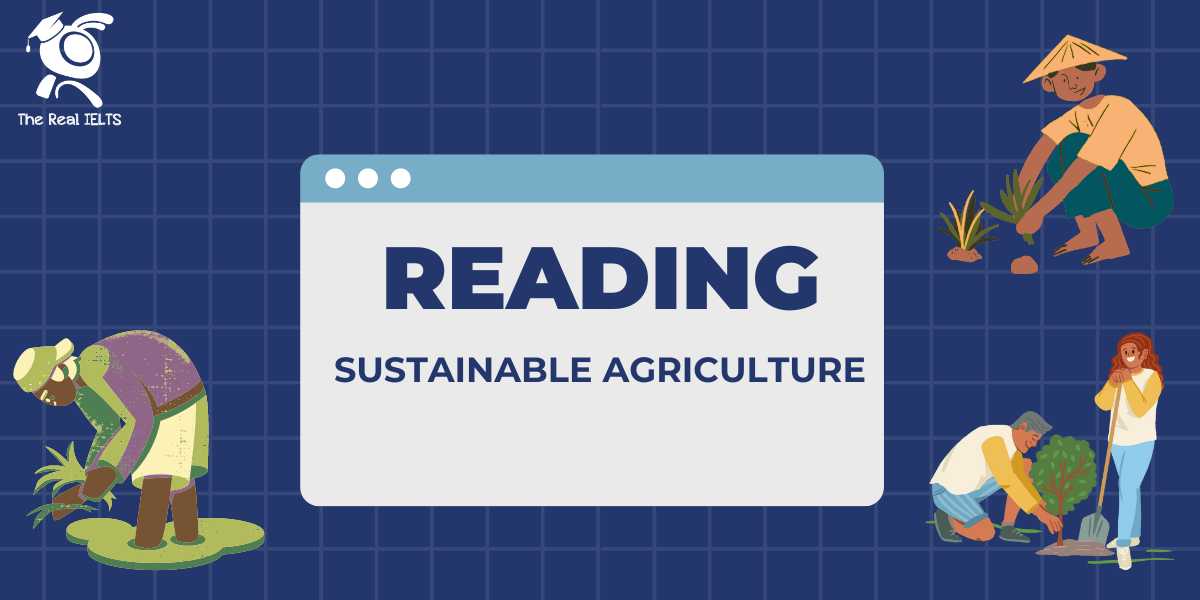Đề bài IELTS Writing task 2 dạng dạng Advantages and Disadvatages: Nuclear Energy
You should spend about 40 minutes on this task
The use of nuclear power as a clean energy source. Do the advantages of this outweigh the disadvantages?
Write at least 250 words.
Bài mẫu IELTS Writing Task 2 dạng Advantages and Disadvatages: Nuclear Energy
Introduction
Nuclear energy has been widely debated as a potential clean energy source to combat climate change. While it offers certain advantages, such as reduced carbon emissions and energy efficiency, there are also significant drawbacks, including the potential for catastrophic accidents and the issue of nuclear waste. Overall, despite its benefits, the risks associated with nuclear energy cannot be overlooked.
Body Paragraph 1: Advantages
One of the primary benefits of nuclear power is its ability to generate large amounts of electricity with minimal greenhouse gas emissions. Unlike fossil fuels, which release significant amounts of CO2, nuclear plants produce almost no carbon emissions during operation. This makes nuclear energy an attractive option for countries seeking to reduce their carbon footprint and meet international climate targets. For example, France generates about 70% of its electricity from nuclear energy, which has helped the country maintain low carbon emissions.
Another advantage is the efficiency of nuclear energy. A small amount of uranium can produce a vast amount of energy compared to traditional fossil fuels. This means that nuclear plants can generate a stable, reliable power supply, reducing dependence on imported energy sources. For instance, countries like Japan and South Korea, which lack abundant natural resources, have turned to nuclear power to ensure energy security.
Body Paragraph 2: Disadvantages
However, the potential for nuclear accidents is a significant drawback. Accidents like the Chernobyl disaster in 1986 and the Fukushima disaster in 2011 had devastating environmental and human consequences, leading to long-term radiation exposure and displacement of communities. These events highlight the risks of nuclear energy and the catastrophic impact a malfunction can have on a global scale.
Another major disadvantage is the issue of nuclear waste disposal. The radioactive waste produced by nuclear power plants remains hazardous for thousands of years, and finding safe, long-term storage solutions is a persistent challenge. Countries like the United States have struggled to find a permanent solution for nuclear waste, leading to temporary storage methods that pose environmental risks.
Conclusion
In conclusion, while nuclear energy presents clear advantages in terms of reducing carbon emissions and energy efficiency, the risks associated with accidents and waste management are significant. Therefore, the disadvantages of nuclear energy, particularly in terms of safety and environmental concerns, outweigh the benefits.
Thống kê cấu trúc câu và cấu trúc ngữ pháp
1. Introduction:
- Simple sentence:
- Nuclear energy has been widely debated as a potential clean energy source to combat climate change.
- (S + V): Simple subject-verb structure.
- Nuclear energy has been widely debated as a potential clean energy source to combat climate change.
- Complex sentence:
- While it offers certain advantages, such as reduced carbon emissions and energy efficiency, there are also significant drawbacks, including the potential for catastrophic accidents and the issue of nuclear waste.
- (While-clause + Main clause): The dependent clause introduces the contrast between the advantages and disadvantages.
- While it offers certain advantages, such as reduced carbon emissions and energy efficiency, there are also significant drawbacks, including the potential for catastrophic accidents and the issue of nuclear waste.
- Simple sentence:
- Overall, despite its benefits, the risks associated with nuclear energy cannot be overlooked.
- (S + V): Simple subject-verb structure with a prepositional phrase.
- Overall, despite its benefits, the risks associated with nuclear energy cannot be overlooked.
2. Body Paragraph 1:
- Complex sentence:
- One of the primary benefits of nuclear power is its ability to generate large amounts of electricity with minimal greenhouse gas emissions.
- (Noun phrase + to-infinitive + prepositional phrase): A complex structure explaining the main benefit.
- One of the primary benefits of nuclear power is its ability to generate large amounts of electricity with minimal greenhouse gas emissions.
- Compound sentence:
- Unlike fossil fuels, which release significant amounts of CO2, nuclear plants produce almost no carbon emissions during operation.
- (Subordinate clause + Main clause): Introduces a contrast with fossil fuels.
- Unlike fossil fuels, which release significant amounts of CO2, nuclear plants produce almost no carbon emissions during operation.
- Complex sentence:
- This makes nuclear energy an attractive option for countries seeking to reduce their carbon footprint and meet international climate targets.
- (S + V + Relative clause): The relative clause describes the countries.
- This makes nuclear energy an attractive option for countries seeking to reduce their carbon footprint and meet international climate targets.
- Simple sentence with example:
- For example, France generates about 70% of its electricity from nuclear energy, which has helped the country maintain low carbon emissions.
- (S + V + Relative clause): The relative clause adds detail to the example.
- For example, France generates about 70% of its electricity from nuclear energy, which has helped the country maintain low carbon emissions.
- Compound sentence:
- A small amount of uranium can produce a vast amount of energy compared to traditional fossil fuels.
- (S + V): Simple sentence with a comparison.
- A small amount of uranium can produce a vast amount of energy compared to traditional fossil fuels.
- Complex sentence with example:
- For instance, countries like Japan and South Korea, which lack abundant natural resources, have turned to nuclear power to ensure energy security.
- (Main clause + Relative clause): The relative clause adds extra information about the countries.
- For instance, countries like Japan and South Korea, which lack abundant natural resources, have turned to nuclear power to ensure energy security.
3. Body Paragraph 2:
- Compound sentence:
- However, the potential for nuclear accidents is a significant drawback.
- (S + V): Simple subject-verb structure emphasizing the drawback.
- However, the potential for nuclear accidents is a significant drawback.
- Complex sentence with examples:
- Accidents like the Chernobyl disaster in 1986 and the Fukushima disaster in 2011 had devastating environmental and human consequences, leading to long-term radiation exposure and displacement of communities.
- (S + V + Participial phrase): Describes the effects of nuclear accidents.
- Accidents like the Chernobyl disaster in 1986 and the Fukushima disaster in 2011 had devastating environmental and human consequences, leading to long-term radiation exposure and displacement of communities.
- Complex sentence:
- These events highlight the risks of nuclear energy and the catastrophic impact a malfunction can have on a global scale.
- (S + V + Object clause): Describes the risks.
- These events highlight the risks of nuclear energy and the catastrophic impact a malfunction can have on a global scale.
- Complex sentence:
- Another major disadvantage is the issue of nuclear waste disposal.
- (S + V + prepositional phrase): Focuses on another disadvantage.
- Another major disadvantage is the issue of nuclear waste disposal.
- Complex sentence:
- The radioactive waste produced by nuclear power plants remains hazardous for thousands of years, and finding safe, long-term storage solutions is a persistent challenge.
- (Main clause + Relative clause): Describes the dangers of nuclear waste.
- The radioactive waste produced by nuclear power plants remains hazardous for thousands of years, and finding safe, long-term storage solutions is a persistent challenge.
- Compound sentence:
- Countries like the United States have struggled to find a permanent solution for nuclear waste, leading to temporary storage methods that pose environmental risks.
- (Main clause + Participial phrase): Explains the challenge of waste disposal.
- Countries like the United States have struggled to find a permanent solution for nuclear waste, leading to temporary storage methods that pose environmental risks.
4. Conclusion:
- Complex sentence:
- In conclusion, while nuclear energy presents clear advantages in terms of reducing carbon emissions and energy efficiency, the risks associated with accidents and waste management are significant.
- (While-clause + Main clause): Restates the key points.
- In conclusion, while nuclear energy presents clear advantages in terms of reducing carbon emissions and energy efficiency, the risks associated with accidents and waste management are significant.
- Compound sentence:
- Therefore, the disadvantages of nuclear energy, particularly in terms of safety and environmental concerns, outweigh the benefits.
- (S + V + Prepositional phrase): Presents the final evaluation.
- Therefore, the disadvantages of nuclear energy, particularly in terms of safety and environmental concerns, outweigh the benefits.
Grammar Structures:
- Sentence types:
- Simple: 5 sentences
- Compound: 5 sentences
- Complex: 8 sentences
- Grammar structures:
- Relative clauses (e.g., which lack abundant natural resources).
- Subordinating conjunctions (e.g., While, Although).
- Participial phrases (e.g., leading to long-term radiation exposure).
- Prepositional phrases (e.g., in terms of reducing carbon emissions).
- Comparative structures (e.g., compared to traditional fossil fuels).
Các từ vựng tiếng Anh cần lưu ý trong bài viết
1. Nuclear Energy-Related Terms
- Nuclear energy: năng lượng hạt nhân
- Greenhouse gas emissions: khí thải nhà kính
- Carbon footprint: dấu chân carbon (lượng khí thải carbon của một cá nhân/tổ chức)
- Radioactive waste: chất thải phóng xạ
- Nuclear waste disposal: việc xử lý chất thải hạt nhân
- Energy security: an ninh năng lượng
- Uranium: uranium (nguyên liệu hạt nhân)
2. Advantages-Related Terms
- Electricity generation: sản xuất điện
- Low carbon emissions: phát thải carbon thấp
- Climate targets: các mục tiêu về khí hậu
- Energy efficiency: hiệu suất năng lượng
- Stable power supply: nguồn cung cấp điện ổn định
3. Disadvantages-Related Terms
- Nuclear accidents: tai nạn hạt nhân
- Catastrophic impact: tác động thảm khốc
- Radiation exposure: phơi nhiễm phóng xạ
- Environmental risks: rủi ro về môi trường
- Long-term storage solutions: giải pháp lưu trữ dài hạn
- Temporary storage methods: phương pháp lưu trữ tạm thời
4. General Terms
- Fossil fuels: nhiên liệu hóa thạch
- Climate change: biến đổi khí hậu
- International climate targets: các mục tiêu khí hậu quốc tế
- Energy consumption: tiêu thụ năng lượng
- Devastating consequences: hậu quả tàn phá
5. Commonly Used Phrases
- Combat climate change: chống lại biến đổi khí hậu
- Reduce dependence on: giảm sự phụ thuộc vào
- Present advantages/disadvantages: thể hiện lợi ích/bất lợi
- Pose environmental risks: gây ra các rủi ro về môi trường
6. Linking Words/Phrases
- However: tuy nhiên
- For instance/For example: ví dụ
- In conclusion: kết luận
- On the other hand: mặt khác
- Therefore: do đó
Đọc thêm về bài viết gợi ý luyện thi IELTS.















